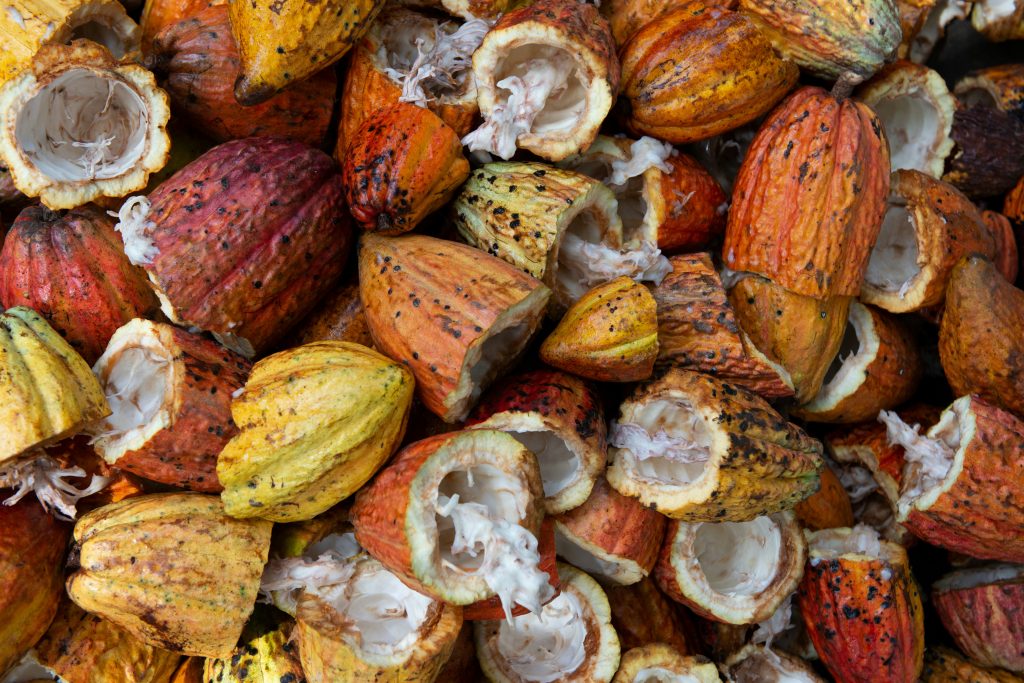1. Executive Summary: Cocoa farming presents a lucrative opportunity in Nigeria, given the country’s favorable climate and historical significance in the global cocoa market. This proposal outlines a comprehensive plan to establish and operate a cocoa farming business, focusing on sustainable practices, market analysis, and financial projections.
2. Introduction:
Cocoa is a key agricultural commodity in Nigeria, with the country being one of the world’s largest producers. Our proposed cocoa farming venture aims to leverage Nigeria’s rich agricultural heritage and strategic location to capitalize on the growing demand for cocoa products globally.
3. Location and Soil Suitability:
The farm will be located in regions with suitable climate and soil conditions for cocoa cultivation, such as Ondo, Cross River, and Ekiti states. Cocoa thrives in well-drained, acidic soils with a pH range of 5.0 to 6.5. Soil testing will be conducted to assess nutrient levels and ensure optimal conditions for cocoa growth.
4. Cultivation Techniques:
We will employ modern cultivation techniques, including proper land preparation, shade management, and pest control measures, to optimize cocoa yields and quality. Interplanting with shade trees such as plantain and timber species will be practiced to create a conducive microclimate for cocoa trees.
5. Variety Selection:
Careful selection of cocoa varieties adapted to local conditions and market preferences is crucial for success. High-yielding and disease-resistant varieties such as Amelonado, Criollo, and Trinitario will be prioritized based on their performance in Nigerian agro-ecological zones.
6. Inputs and Resources:
Access to quality inputs such as cocoa seedlings, fertilizers, pesticides, and pruning tools will be ensured through strategic partnerships with reputable suppliers. Skilled labor will be trained in best agronomic practices to maintain orchard health and productivity.
7. Market Analysis:
The global demand for cocoa products continues to grow, driven by increasing consumption trends and the rise of premium chocolate markets. Nigeria’s cocoa industry is well-positioned to capitalize on this demand, with opportunities for value addition through processing and export.
8. Financial Projections:
A comprehensive financial analysis has been conducted to project the costs and revenues associated with cocoa farming operations. Key financial indicators such as NPV, IRR, and payback period demonstrate the project’s viability and potential return on investment.
9. Sustainability and Impact:
Our cocoa farming venture will prioritize sustainability through responsible land management, agroforestry practices, and community engagement initiatives. By promoting sustainable cocoa production and supporting farmer livelihoods, we aim to create lasting positive impacts on both the environment and society.
10. Conclusion:
In conclusion, our proposed cocoa farming business presents a compelling opportunity to contribute to Nigeria’s agricultural development and participate in the global cocoa market. With a focus on sustainable practices, market orientation, and financial viability, we are confident in the success and growth potential of this venture.
Kindly note that This proposal provides a detailed overview of cocoa farming in Nigeria, covering aspects such as location suitability, cultivation techniques, variety select, market analysis, financial projections, and sustainability.

